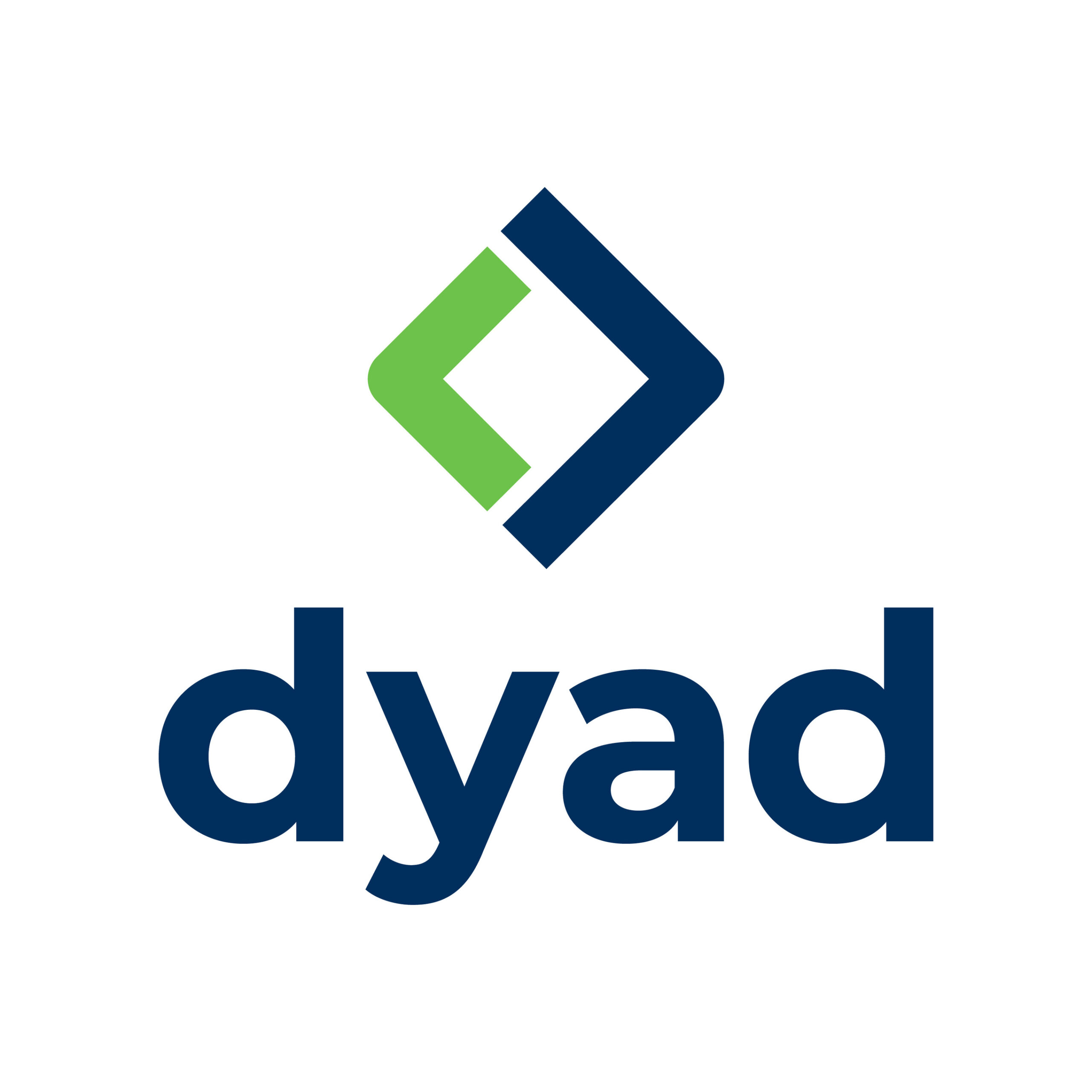Protect Income and Assets
Life can be unpredictable, and for caregivers, especially, being unable to work due to illness or injury could have a profound impact on your household finances.
- Income Protection Insurance can replace part of your income if you’re unable to work due to illness or injury.
- Life Insurance can provide a financial safety net for the person you care for (or your family) if something happens to you.
- Specified Serious Illness Cover can provide a lump sum on diagnosis of certain illnesses, helping cover extra costs or lost earnings.
Take Your First Steps Today
Getting started can feel daunting, but you don’t have to do it all at once. Even ticking off one or two items on this list can start making a real difference to your financial peace of mind.
List your current supports and benefits
Write down every payment, grant, or allowance you currently receive. Then check if there’s anything you haven’t applied for. Many carers and people with disabilities miss out simply because they don’t know they’re eligible. A quick visit to Citizens Information or MyWelfare.ie can reveal hidden entitlements.
Check your eligibility for tax credits and reliefs
From the Home Carer Tax Credit to relief on medical expenses, these can put real money back in your pocket. Keep receipts for all care-related costs so you’re ready to claim.
Start a dedicated care budget
This isn’t about tracking every coffee you buy, it’s about knowing exactly how much you spend each month on care-related costs like transport to appointments, specialised equipment, or home adaptations. Having these figures makes it easier to apply for grants or adjust your financial plan.
Begin future planning conversations
It can be an emotional topic, but talking openly now with family and, where possible, the person with a disability helps avoid stress and confusion later. Discuss what future housing, care, or decision-making arrangements might look like.
Speak to a financial advisor who understands your needs
Look for a financial advisor with expertise in planning for your unique situation. They can help you protect your income, choose the right insurance cover, and make sure your future plans stay realistic and achievable.
You don’t need to have it all figured out overnight. Each step you take now is an investment in your future security and your peace of mind.
Publisher: Source link











